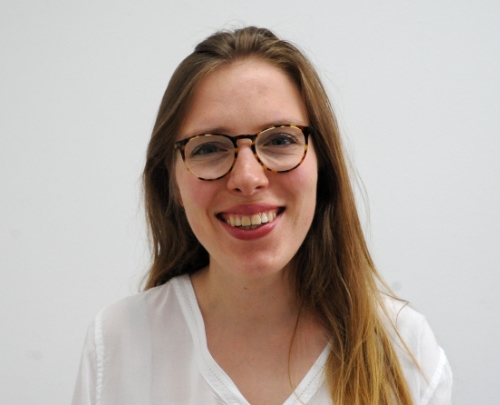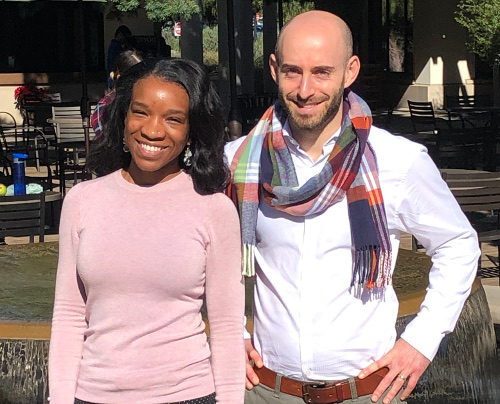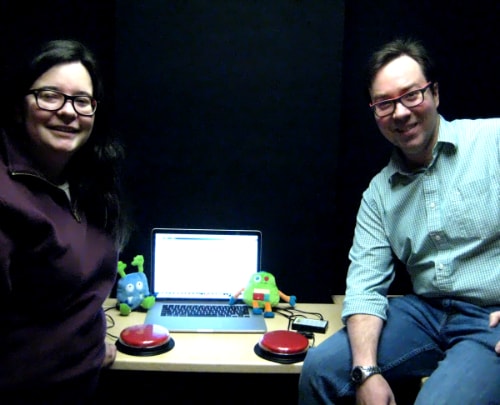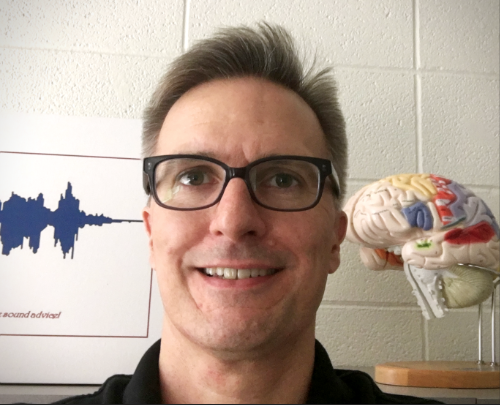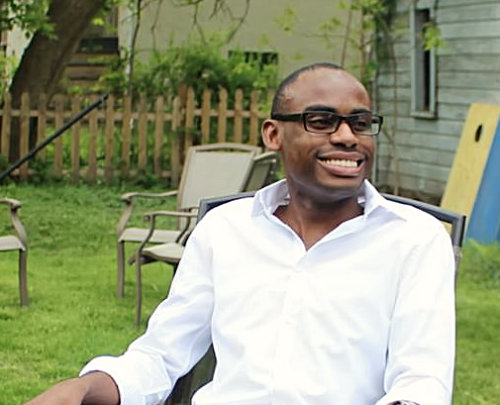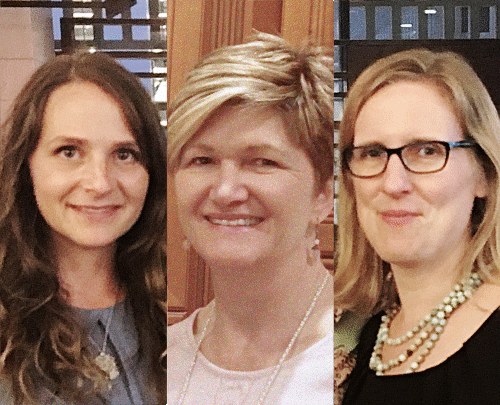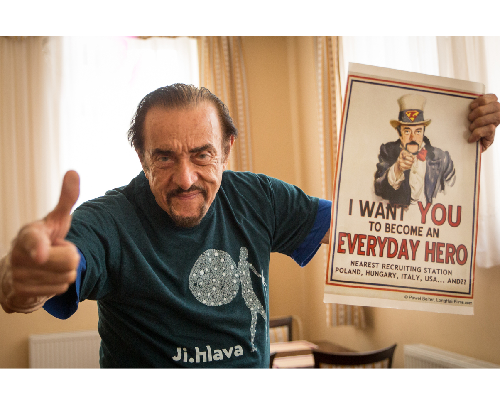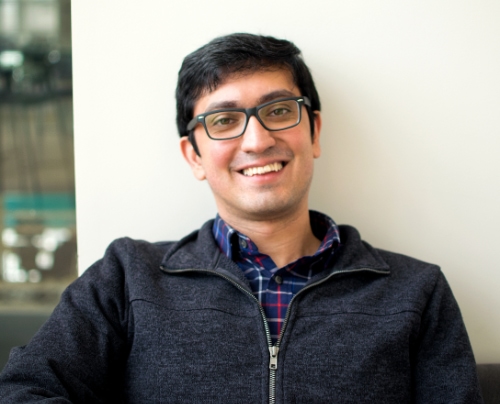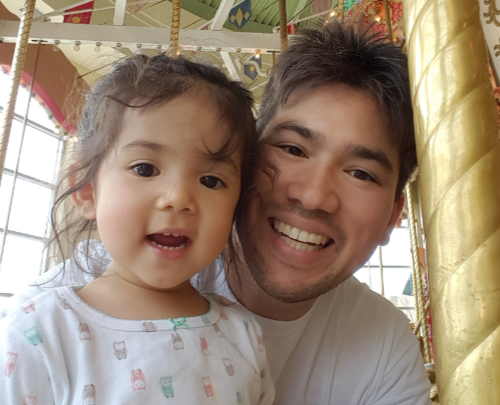16
Apr 2019
Are adolescents' technology use really related to depression, suicide and ADHD, or might it be no worse for kids than eating potatoes? In episode 47, Amy Orben from the University of Oxford discusses her explorations into how researchers' biases can influence their analysis of large datasets. Her ......
9
Jan 2019
Can cognitive biases and heuristics regarding race influence U.S. Supreme Court decisions? In episode 40, Jonathan Feingold and Evelyn Carter from the University of California, Los Angeles (UCLA) discuss the sometimes selective use of social science research by U.S. Supreme Court Chief Justice Wil...
27
Nov 2018
What can the chance discovery of an illusion tell us about how our eyes and brains work together? Ben Balas from North Dakota State University talks with us in episode 37 about his research into the Flashed Face Distortion Effect, an illusion in which normal faces – when rapidly presented in peopl...
13
Nov 2018
Might our brains have greater plasticity than commonly thought? In episode 36, Marlene Behrmann from Carnegie Mellon University, discusses her 3-year longitudinal investigation of a young boy who had the region of his brain which recognizes faces removed, but regained this ability through neural p......
18
Sep 2018
Can auditory errors and illusions better help us understand how the brain works? In episode 32 Mike Vitevitch from the University of Kansas talks with us about his research into the cognitive mechanisms underlying the Speech-to-Song auditory illusion. His open-access article "An account of the Spe...
7
Aug 2018
No matter whether you think you can or can't, the saying goes, you're right. Neil Lewis, Jr. from Cornell University talks with us in episode 29 about about his research into what differentiates students who experience difficulty in college as signaling its importance from those that make it mean ...
11
Jun 2018
Do people who willingly hold down multiple careers at the same time struggle like the rest of us to find authenticity in their work? Brianna Caza, Sherry Moss & Heather Vough (of the University of Manitoba, Wake Forest University, and the University of Cincinnati) talk with us about what their...
17
Apr 2018
What leads people to stand up against authoritarianism? Philip Zimbardo, Professor Emeritus from Stanford University and lead investigator on the Stanford Prison Experiment, talks with us about his new research into how social modeling influences the likelihood of disobeying unjust authority figur......
2
Apr 2018
By now, we're all familiar with the idea that social media can - and has - been used to spread untruths. But why does this work? Soroush Vosoughi from MIT's Laboratory for Social Machines and Harvard's Berkman Klein Center talks with us in episode 20 about his research into how false news dissemin...
6
Mar 2018
Michael Kraus from Yale University's School of Management talks with us about his research examining the role of the voice in our capacity to accurately estimate the emotions of others. His open-access article, "Voice-Only Communication Enhances Empathic Accuracy", was published in the American P...

